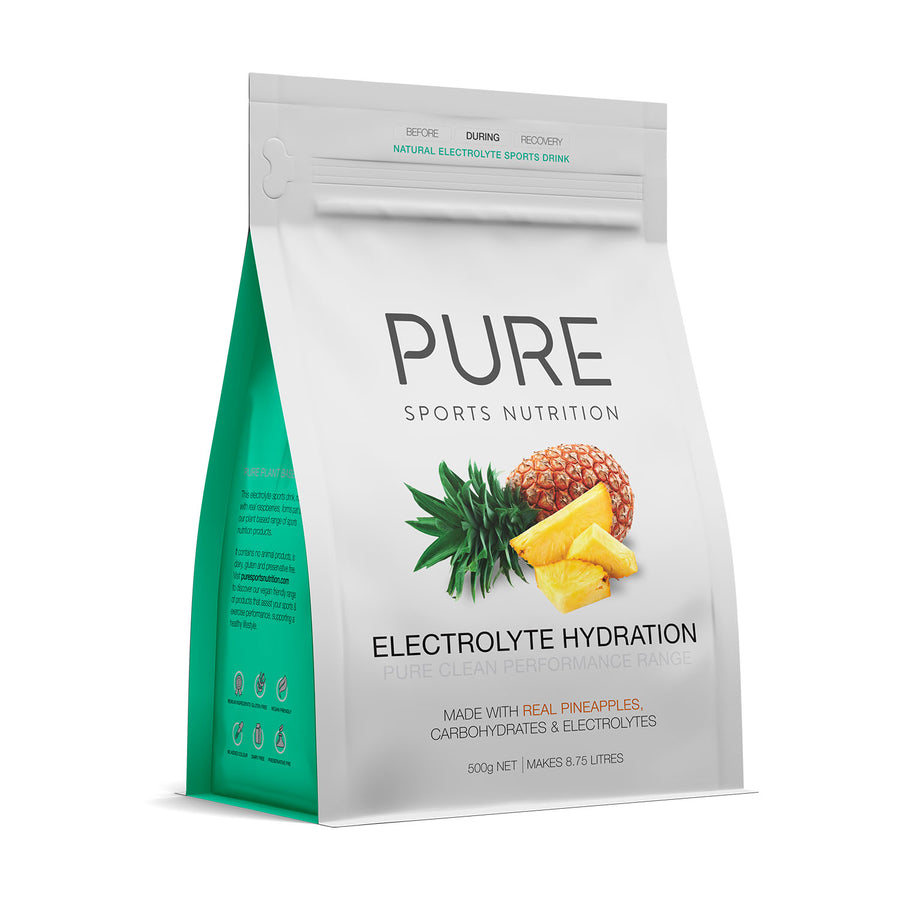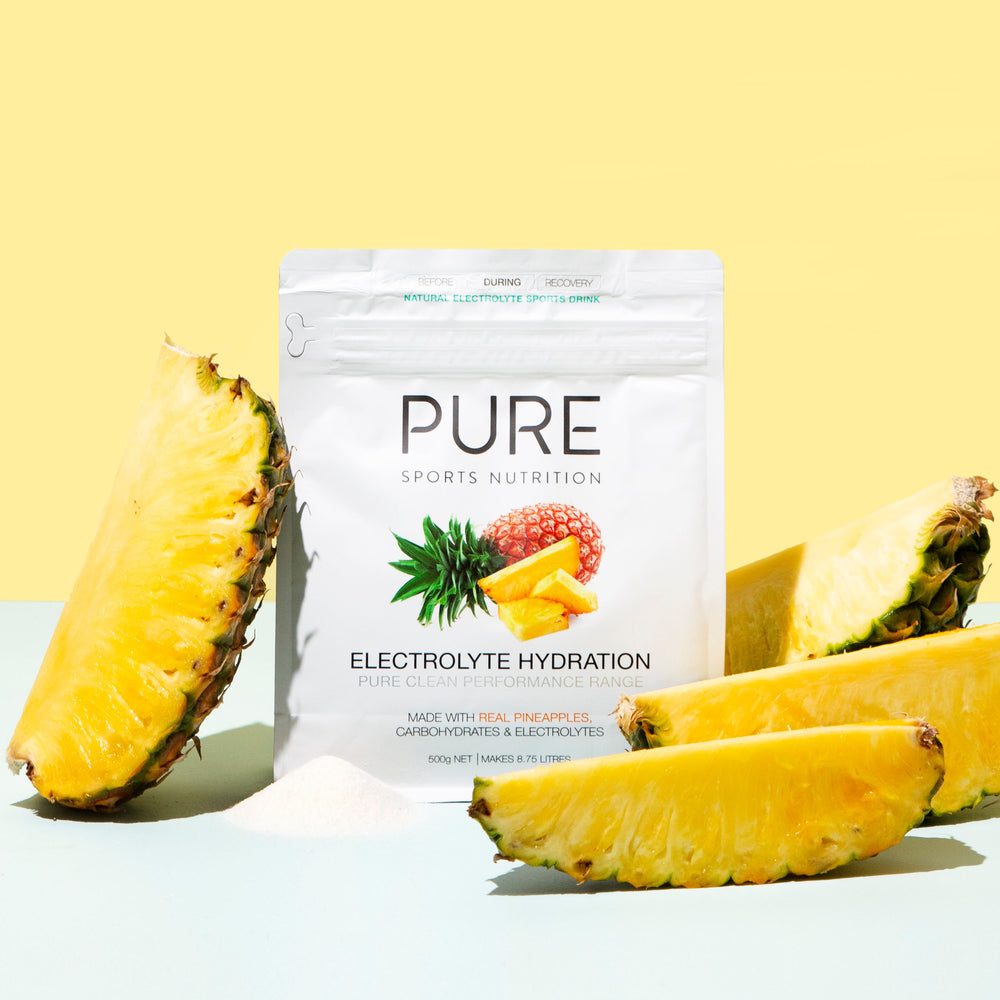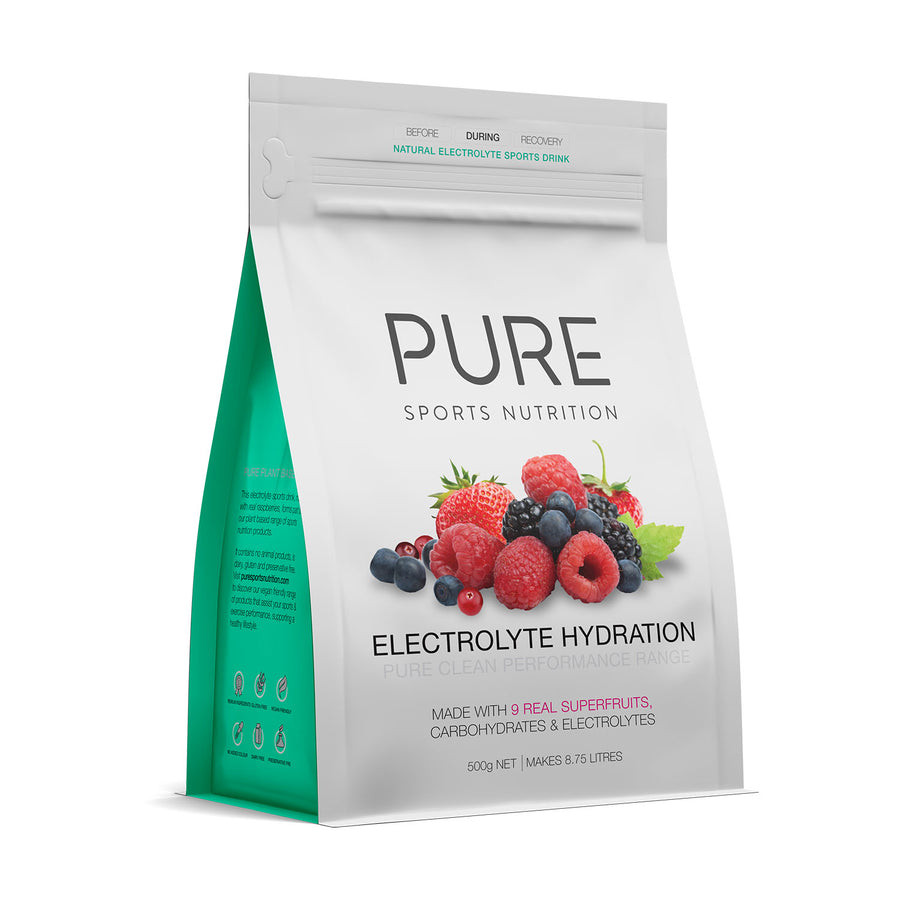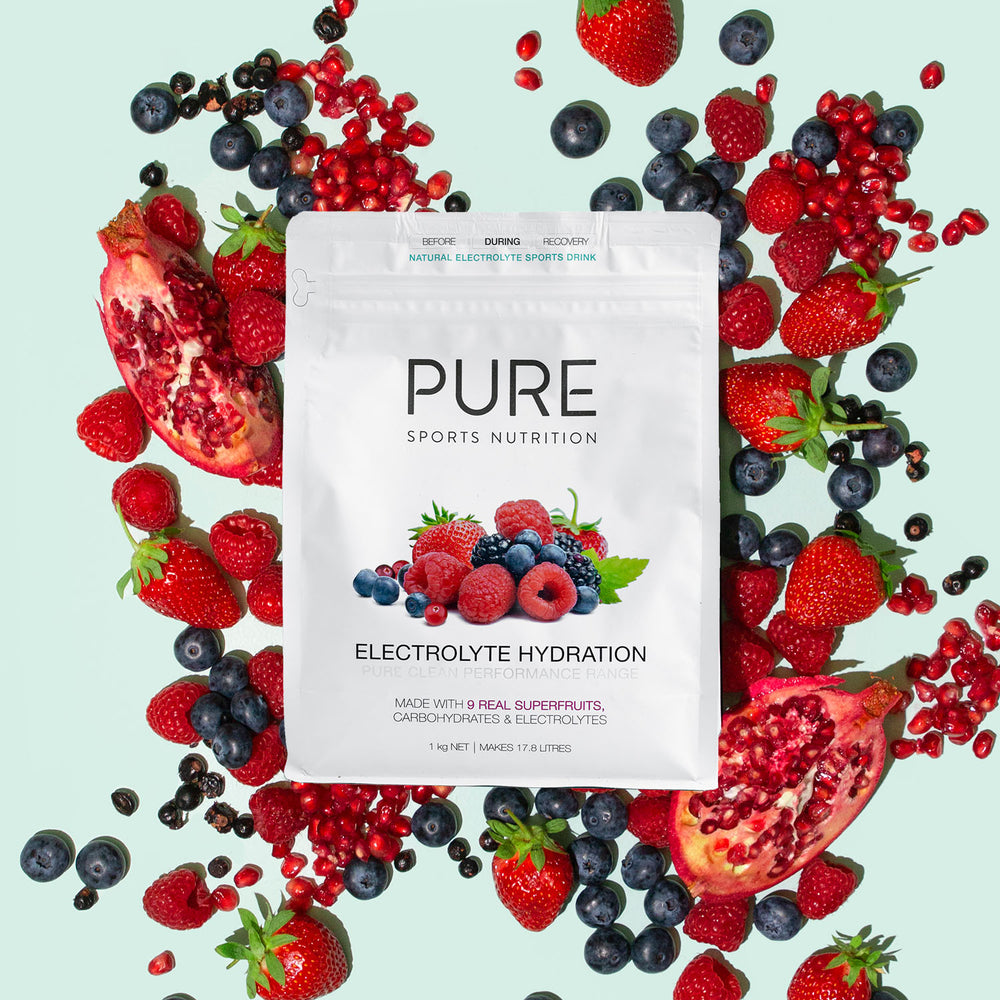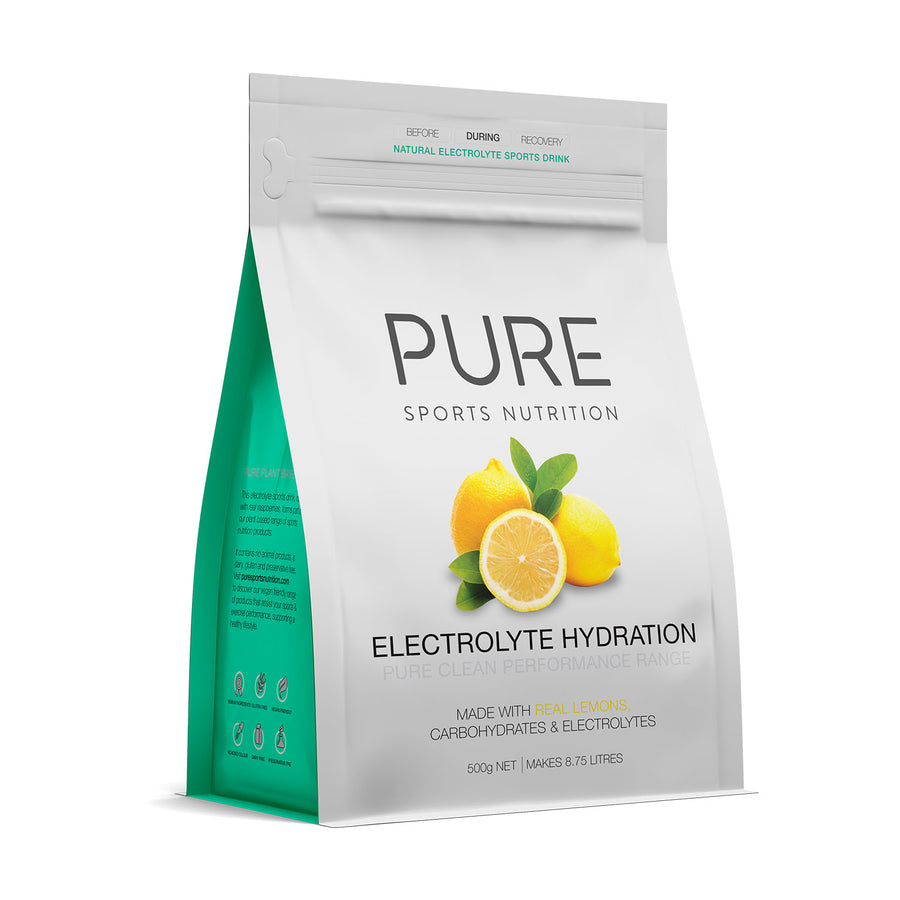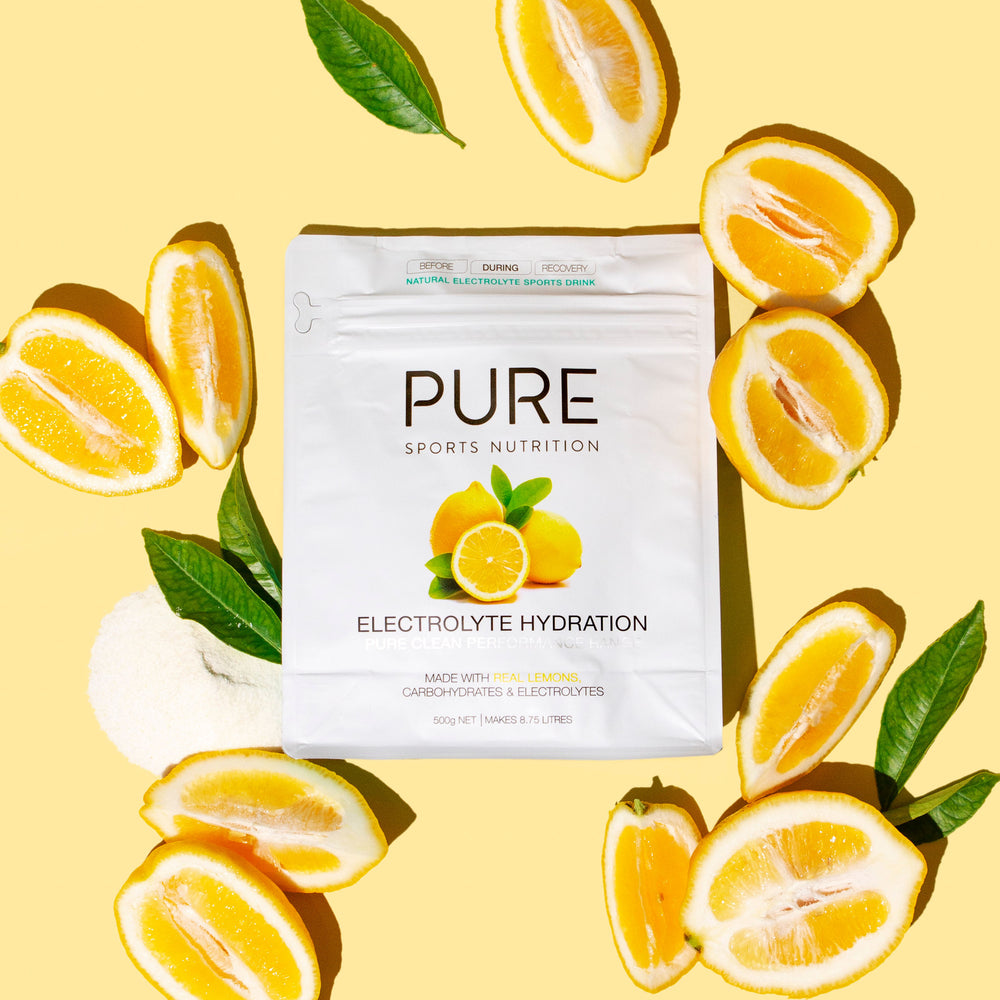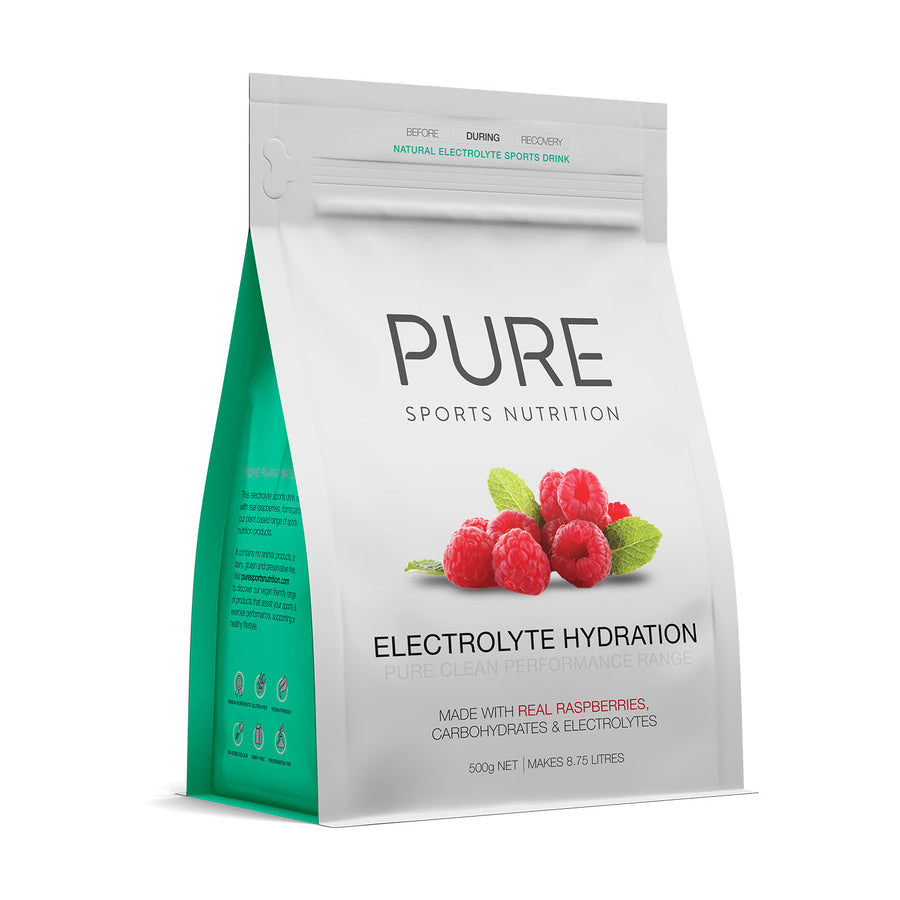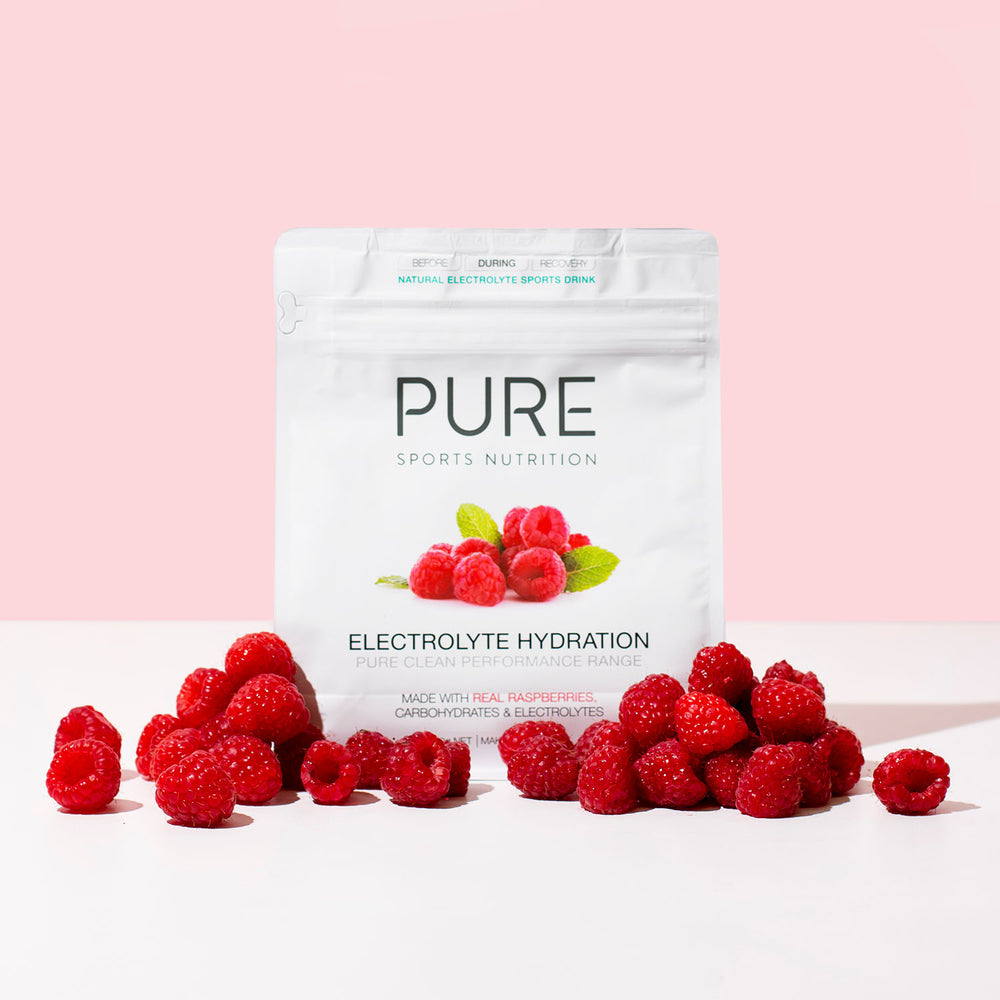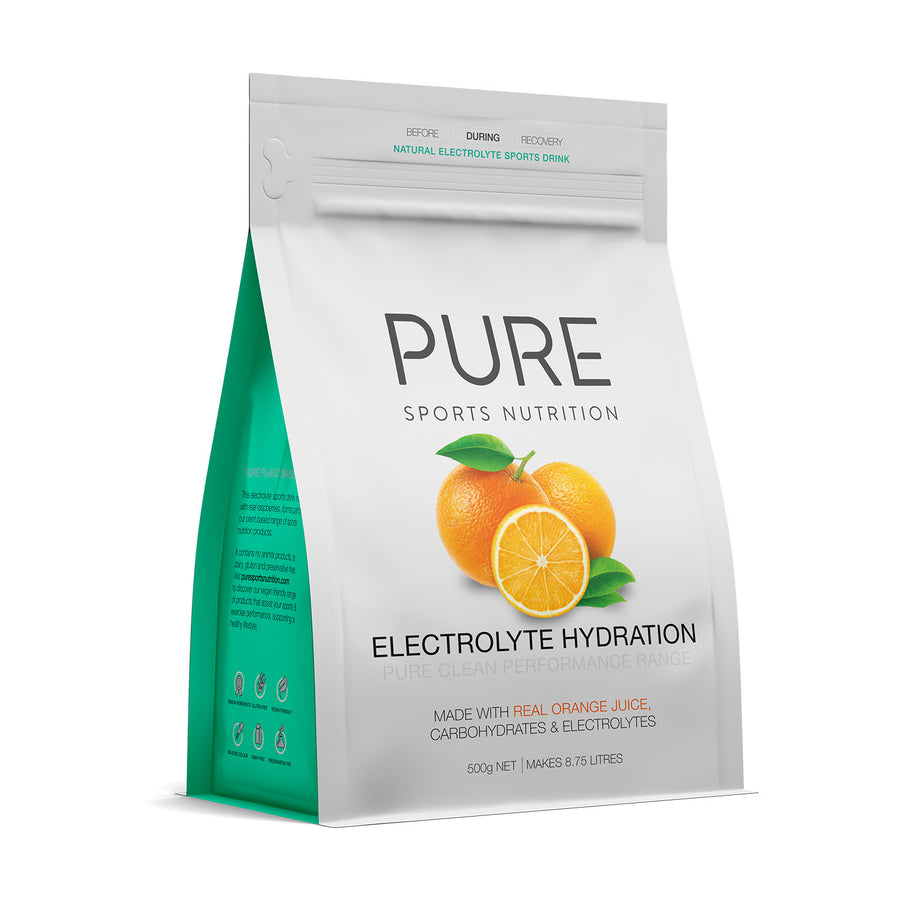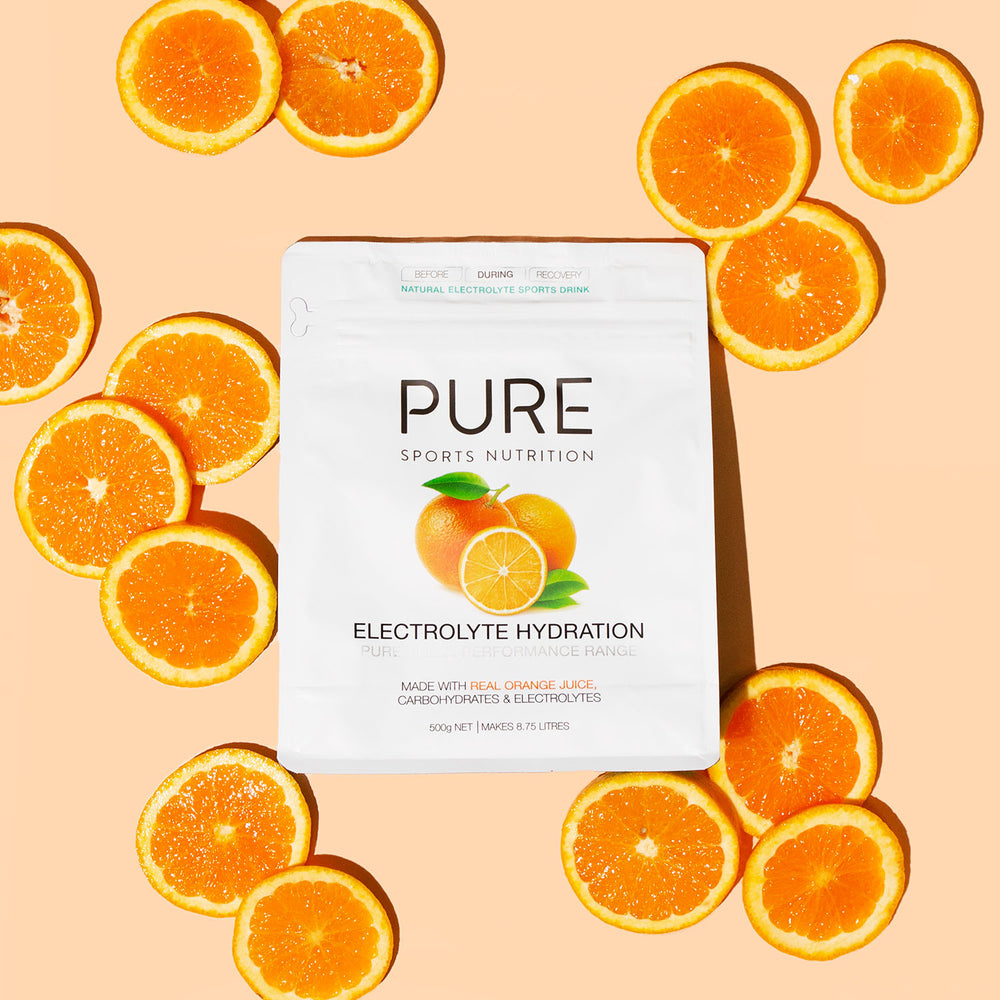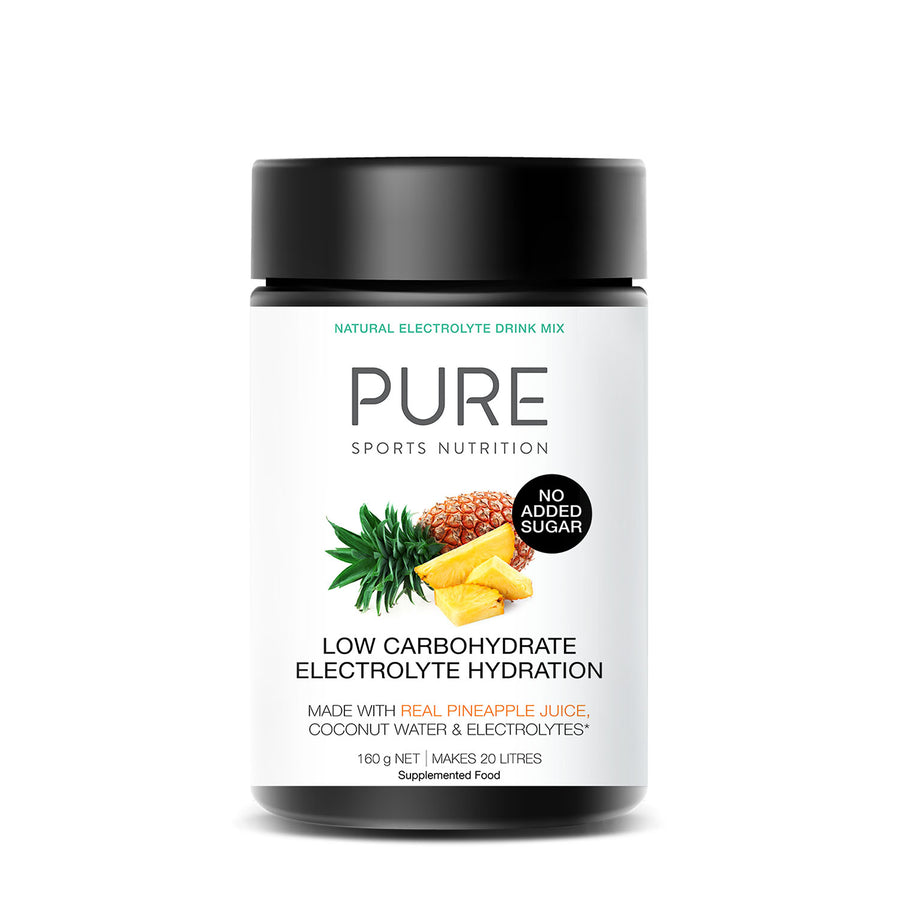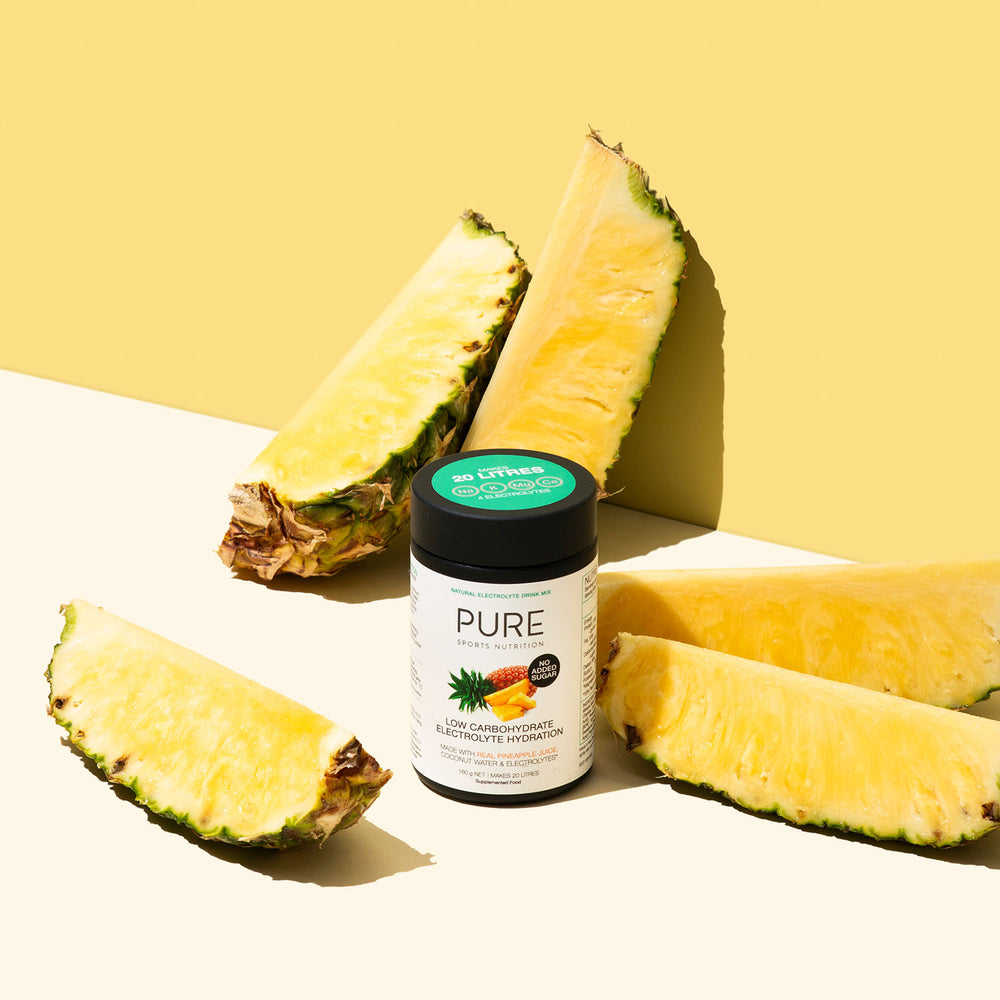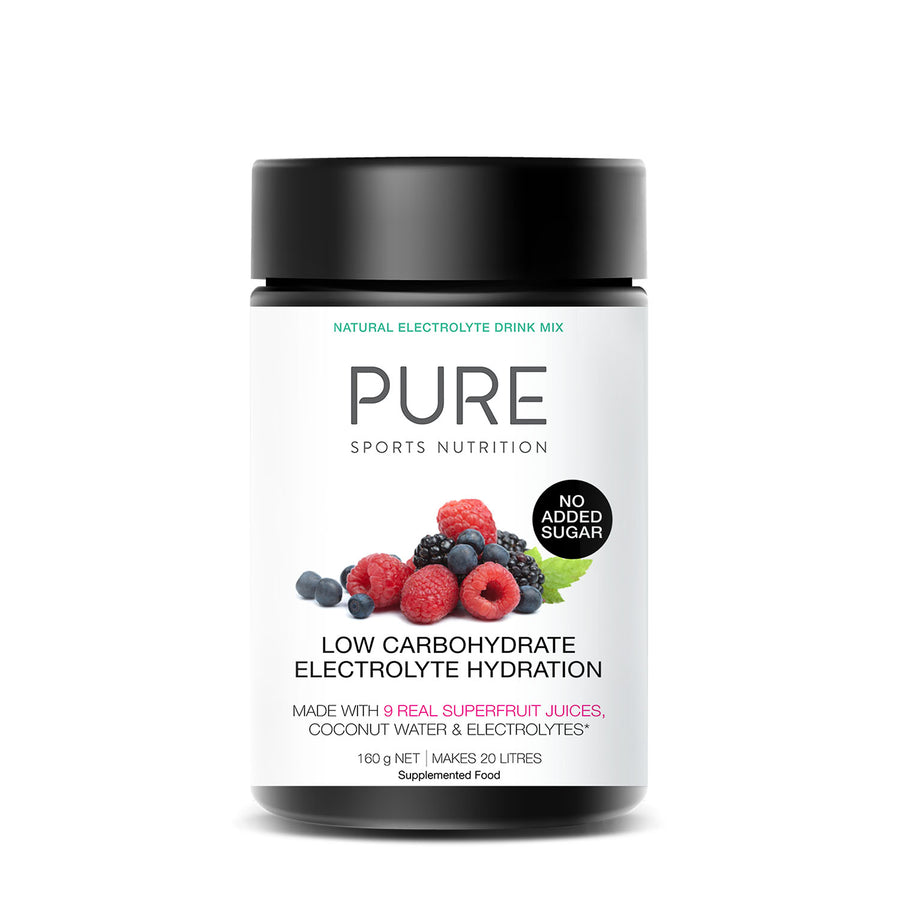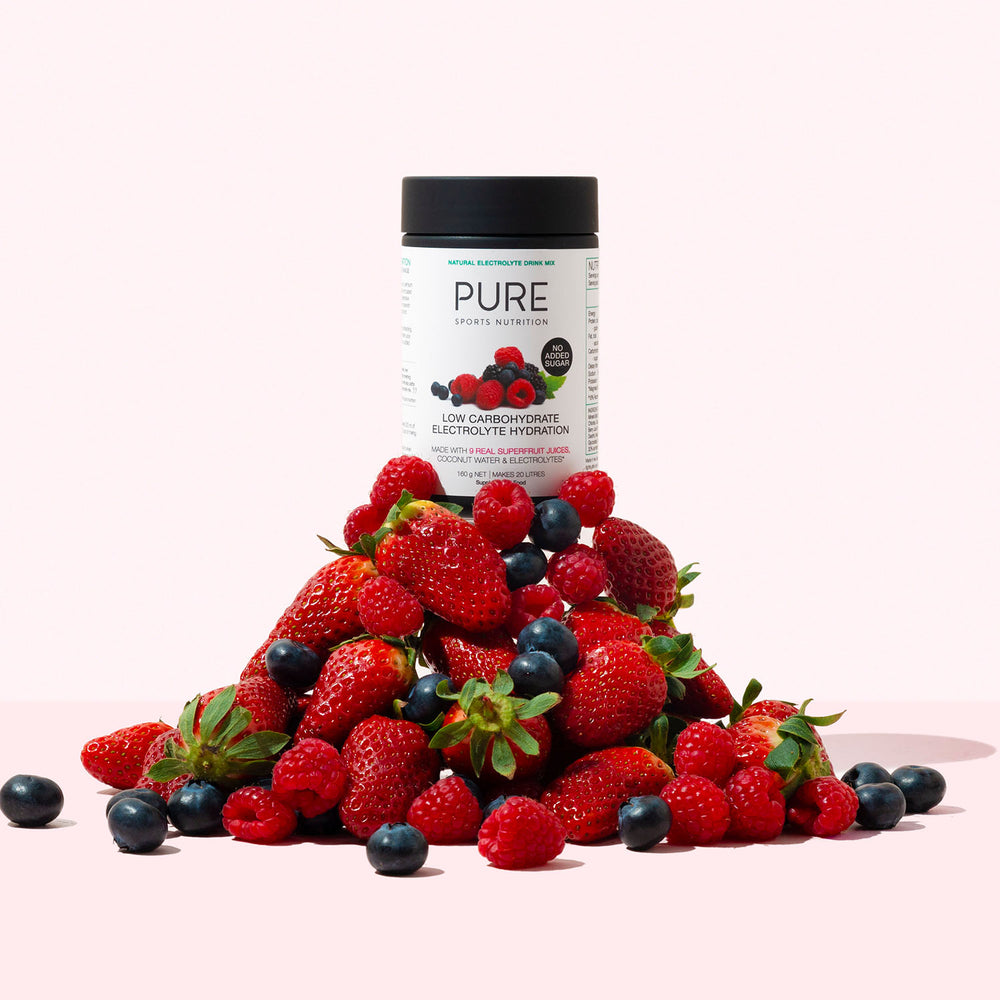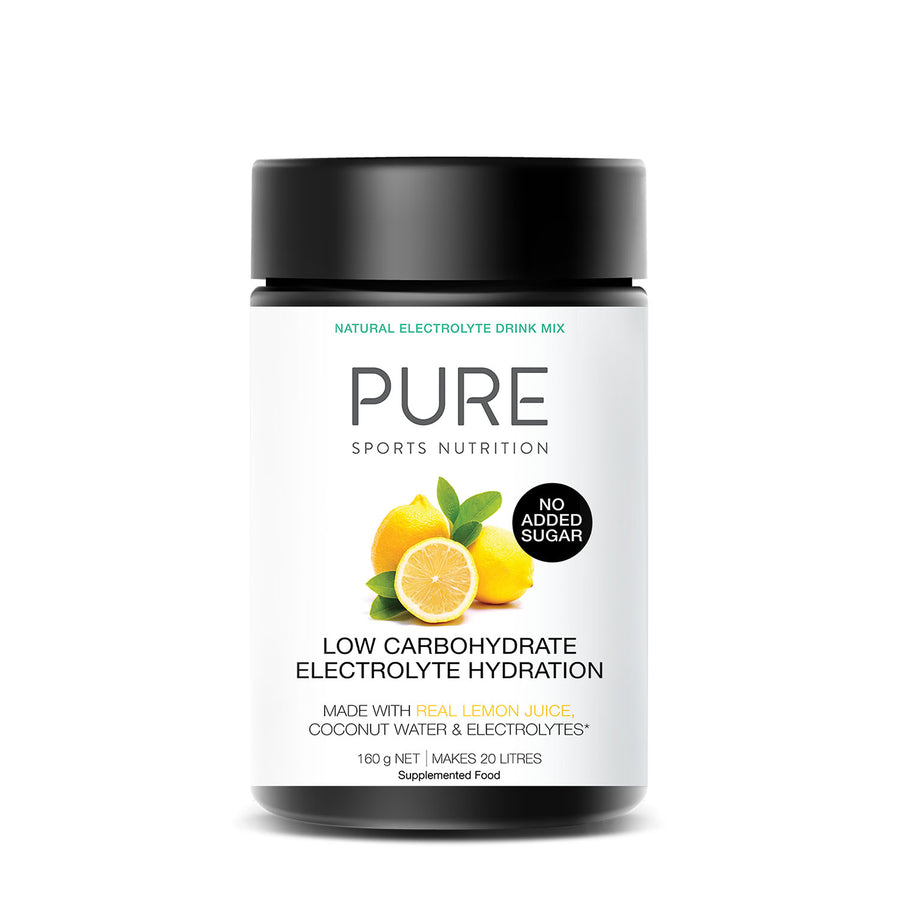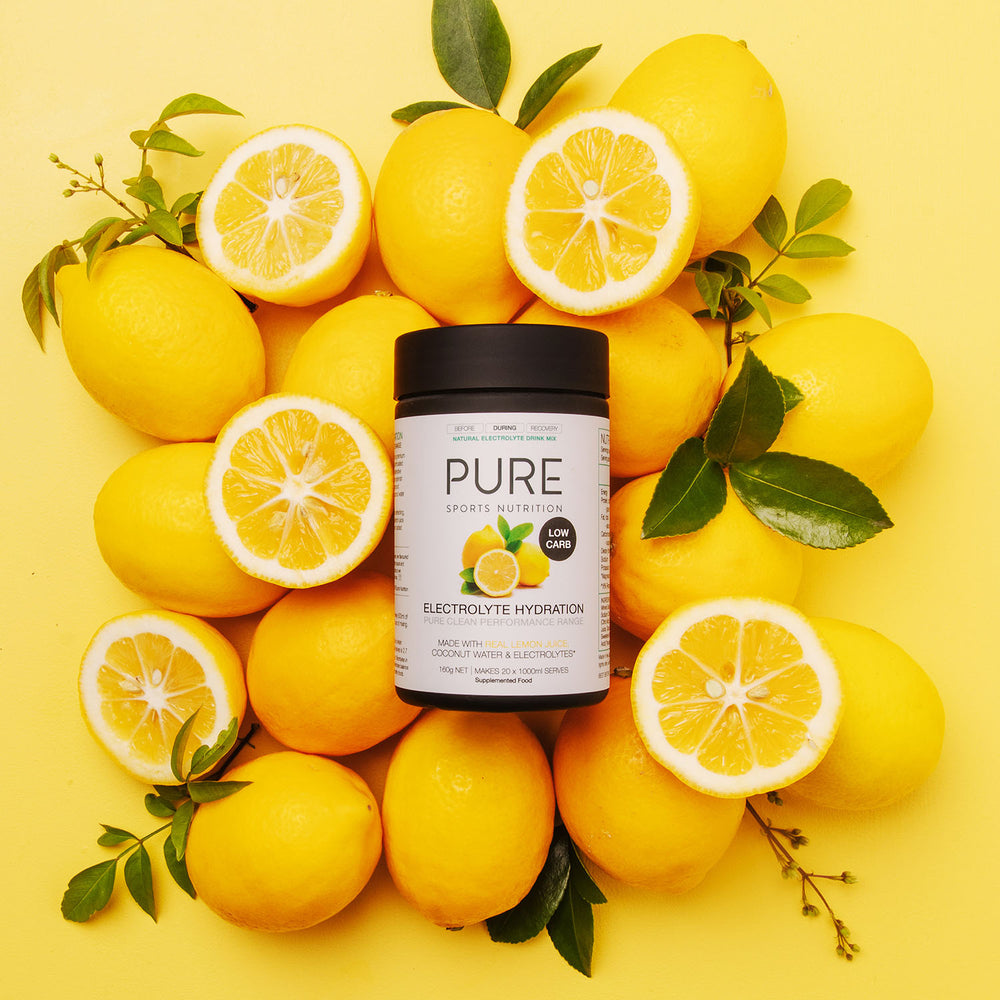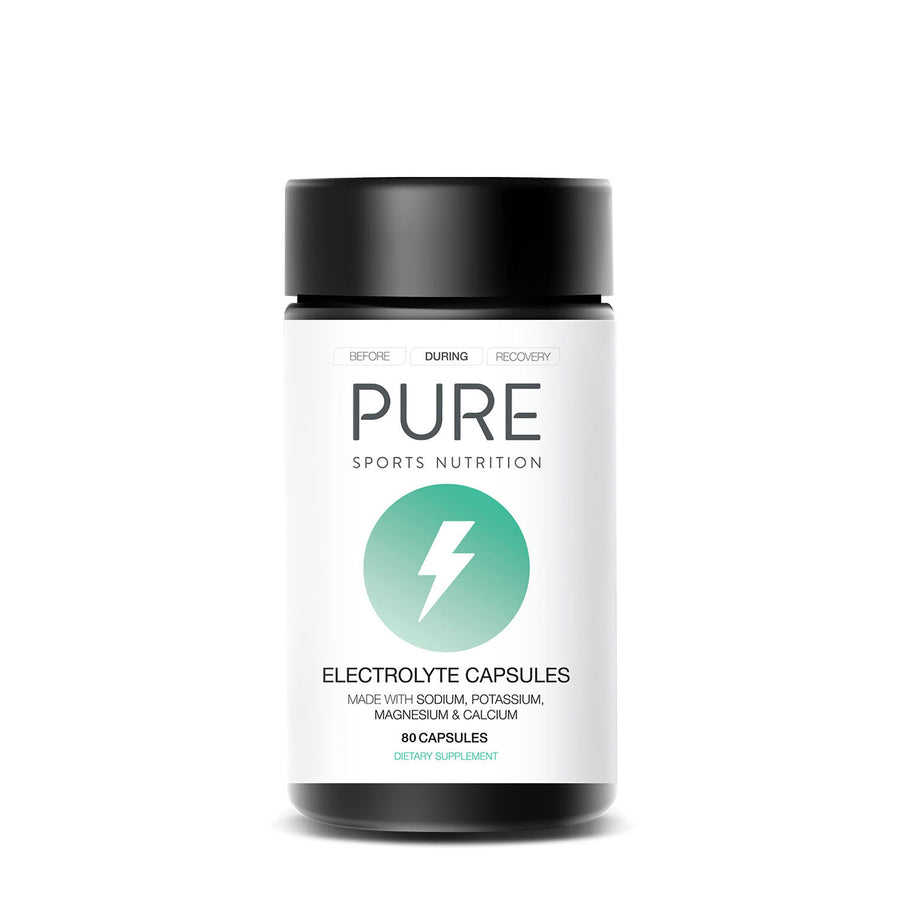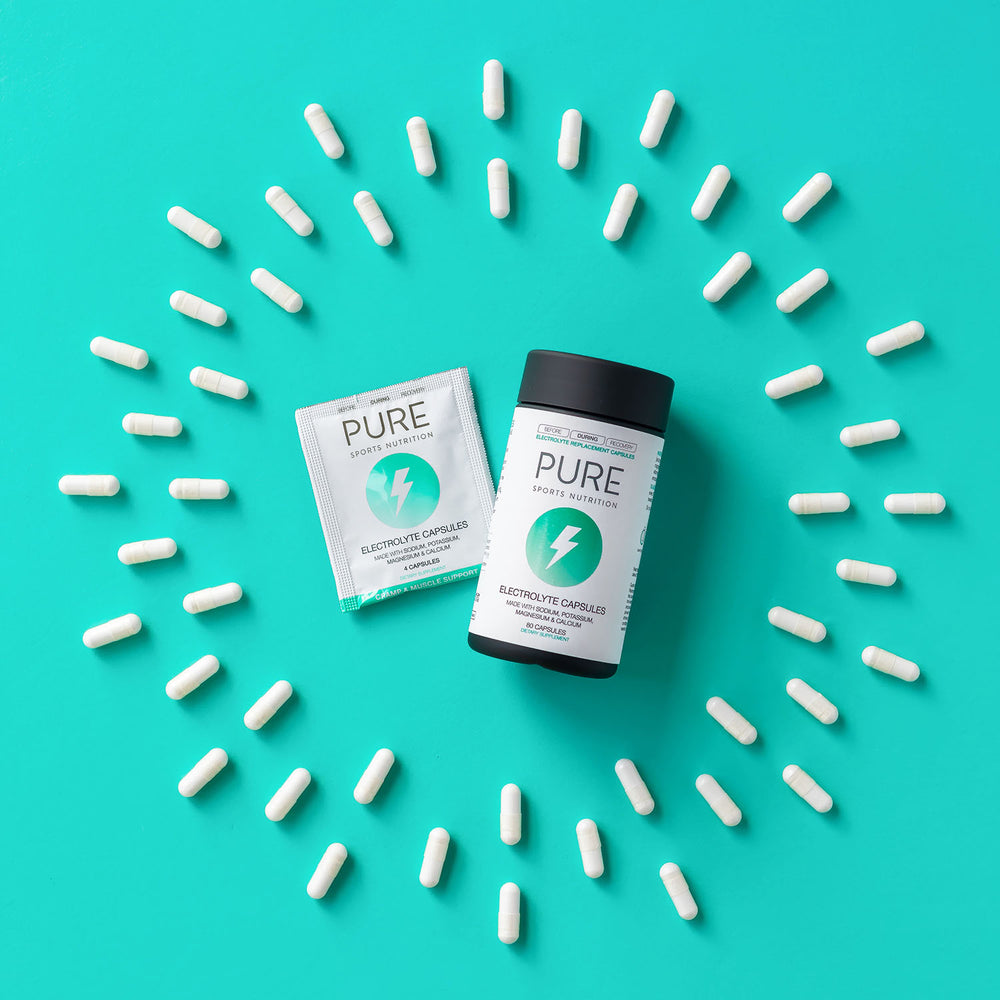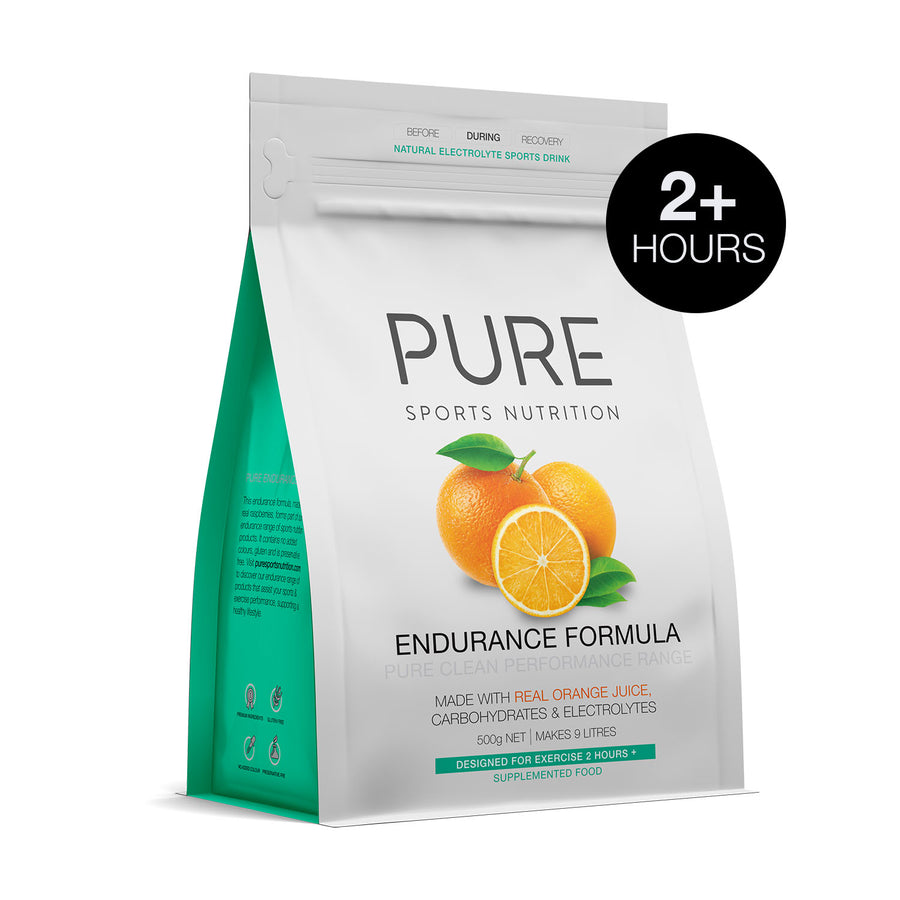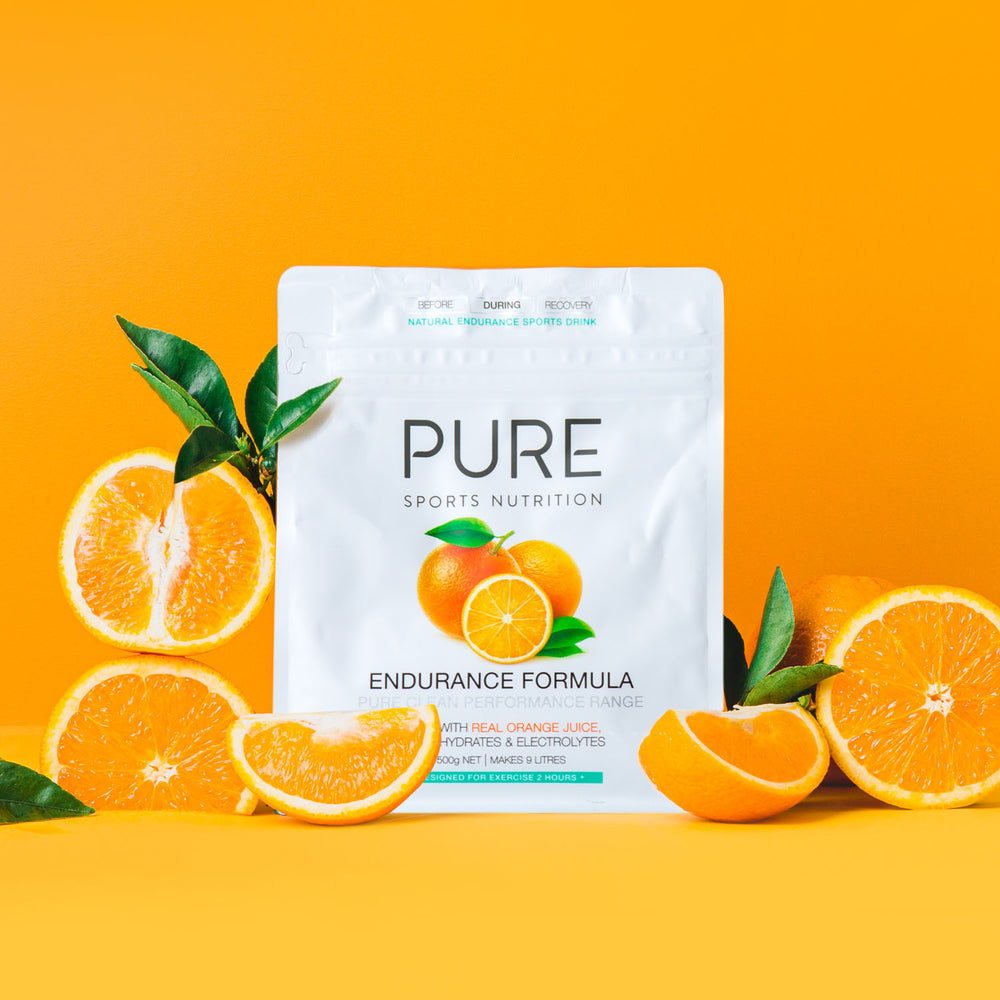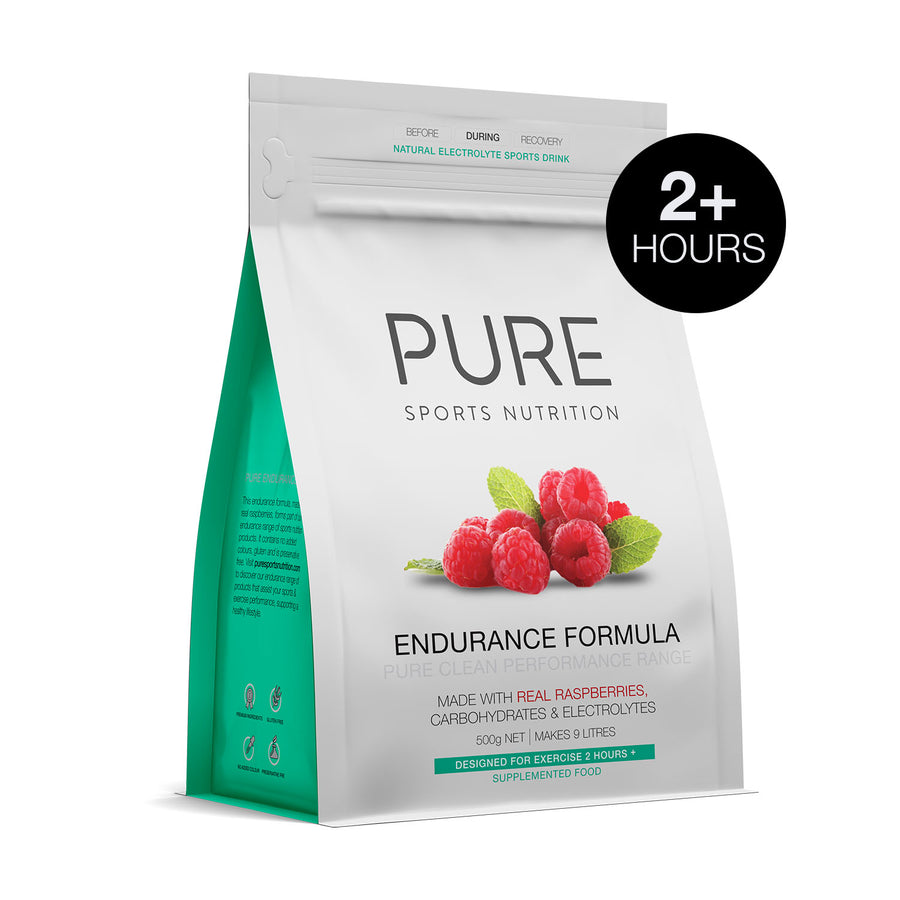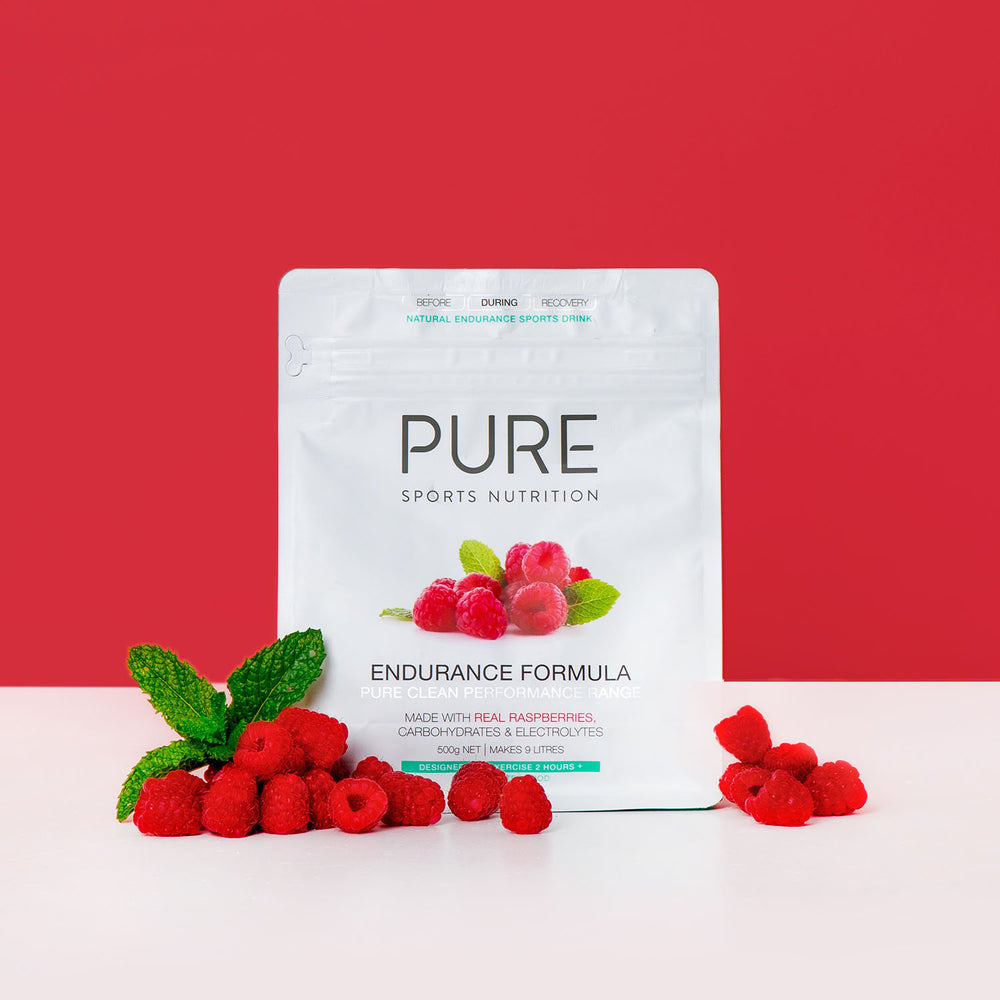
Practical Immunity Tips to Get You Through Winter Training
Training through the wild winter months can be challenging even for the highest performing athletes. Add in the impact of flu season, our bodies immune system can come under stress and often be compromised. Accredited Sport Dietitian Conrad Goodhew (NZD) shares some practical recommendations to support health and wellness.
What is immunity?
Immunity (noun): the body’s ability to avoid or not be affected by infection and disease. A healthy diet is one key modifiable factor to improve immune function, reduce inflammation, and boost overall health.
Eat a range of nutrients
There are no specific targets in building immunity, it is just important that you are getting a variety of foods and colours to ensure you are getting enough of the right nutrients. Think of each of your bricks a different micronutrient, i.e. one is Vit D, one is Zinc, etc. Your body needs a range of vitamins and minerals to function effectively; however, Vitamins A, D, C, E, B6 and B12, Folate, Zinc, Copper and Selenium have been found to be crucial for the functioning of your immune response.
- Fruits and vegetables. Ministry of Health now recommend 7+ servings of fruit and vegetables per day. Alongside vitamins, minerals and fibre, these provide phytochemicals which are powerful antioxidants that fight damage caused by free radicals. Visit https://www.5aday.co.nz/5plus-a-day/ministry-of-health-guidelines/ for more information.
- Whole grains and Legumes for B-Vitamins and fibre. Fibre is vital for the gut microbe (good bacteria) to assist in our overall health. Try for a fibre target of >35g per day.
- Fish and Seafood for Omega 3s and Vitamin D. Both of these are unable to be produced by the body so need to get through diet. Also found in some other food sources, such as in nuts and seeds, but are most abundant in this food group.
- Dairy, Eggs and Meat for a great source of protein, minerals and fat-soluble vitamins.
- Nuts and Seeds for fibre, plant-based omega-3s, unsaturated fats, plus a range of minerals. This group are great to add to many breakfast meals, snacks or salads to improve nutrient density.
- Green Tea has been found to have anti-inflammatory properties which can assist with immunity, due to its major component of epigallocatechin-3-gallate (EGCG).
- Epidemiology studies have shown that herbs and spices can play a pivotal role in overall health and inflammation management. They are ‘calorie-free flavour’ so it’s basically a no-brainer when it comes to adding these to your everyday meals.
Hydration
During a fever or illness, hydration is vital to ensure the body’s systems are working effectively. Our kidneys and liver are our best defence to ‘detox’ the body, and adequate hydration is important to ensure that blood can pass through these systems effectively to clear out the nasties.
- The best way to test your hydration status is from your urine in the morning. If it is golden, you need to ensure you are drinking enough during the day. If you find that you are drinking lots of water (worth tracking this), and are still waking up very yellow, I suggest you look into the use of electrolyte replacement capsules as there is a chance you may have an electrolyte deficiency.
Sunlight
Sunlight is essential for Vitamin D production, as it is difficult to meet recommendations through diet alone.
- Aim for 15 minutes exposure of the face, chest and arms in the morning or afternoon. Use sun protection for prolonged exposure. Sunblock may inhibit the production of Vitamin D; however, systematic reviews indicate that the chance of this causing any deficiency is low.
Sleep
Sleep is non-negotiable must-have when it comes to health and sleep deprivation suppresses immune function.
- Aim for sleep are 7-9 hours per night.
- Create regularity: Your circadian rhythm is very important tool for you to understand. Hormones are released at different times during the day that are based on your previous blueprint. Set regular exercise, bed and wake times to ensure there is some consistency in your life.
- Avoid sleeping pills and alcohol: these may help you get to sleep, but it is not quality sleep. It is important that we move through the stages of sleep (i.e. N1,2,3, REM) to ensure quality.
Supplements
Supplementing nutrients every day is like trying to add a brick that is already there, what happens is your body just gets rid of it (or it can become toxic). Supplements should be used when there is a potential for bricks to be missing (i.e. you have an underlying reason why you are unable to meet your requirements), but are not necessary when the overall quality and variety of what is consumed is good.
Supplements that can assist during infection (adults), best to have available during early stages (i.e. scratchy throat) – practical recommendations:
- Vitamin C: 5-8g per day for 7 days only, as there is potential for Vit C overdose for long periods of time. This is well above RDI.
- Vitamin D: 4000iu per day for 7 days: Even with sunlight exposure this will be under the threshold for toxicity. Only beneficial for specific illnesses; however, there is no harm in supplementing this without any specific diagnosis for a short amount of time to boost your immunity.
-
Zinc: 75-100mg/day from early-onset throughout the duration of a cold.
Remember that our immune system is like a castle, and there are multiple factors that create our defence. So, next time someone tries to sell you a ‘this will fix your immunity’ product, remember a single brick won’t stop an army.
https://www.conradgoodhew.com/
It is important to note that the information supplied within this blog does not detail all of the available evidence and is not an individualised plan. It is written for the 'average person' so that they can digest the science.
